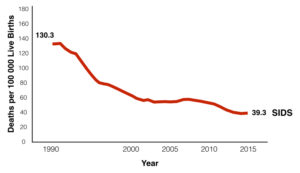Surgical results following reparative surgery for congenital heart disease in the neonatal period have dramatically improved in recent years. This increased survival is largely due to improvements in the care delivered in the intensive care unit setting so that many children who would have not survived in the past are now able to survive until discharge, at the cost of multiple associated medical problems and longer ICU and hospital stay.
The information about the outcome following discharge of those children who spend long time in the cardiac ICU is relevant not only for their families but also for the healthcare system in terms of resource allocation and planning. However, data on this important issue is limited.
A recent study has assessed the early and late survival of this challenging population. The study included 108 neonates who stayed in the ICU longer than 30 days in the period between 2002 and 2012.
The study found that 1 in 4 (24%) of those children who stayed in ICU longer than 30 days died in hospital before discharge. The factors associated with death in hospital before discharge home were the use of extracorporeal membrane oxygenator (ECMO) and the use of renal dialysis because of poor kidney function. Survival was also low for those children who were discharged home. Indeed, only about half of the children were alive after 8 years from surgery. Survival was particularly reduced in those children who had a 2 ventricle repair of their heart condition.
The study highlights that post operative prolonged ICU stay beyond 30 days is associated with a high hospital and post discharge mortality in newborns who undergo cardiac surgery. Further research is required to understand if improved care delivery following ICU discharge and hospital discharge (perhaps in the form of home monitoring) can improve survival in these children.





